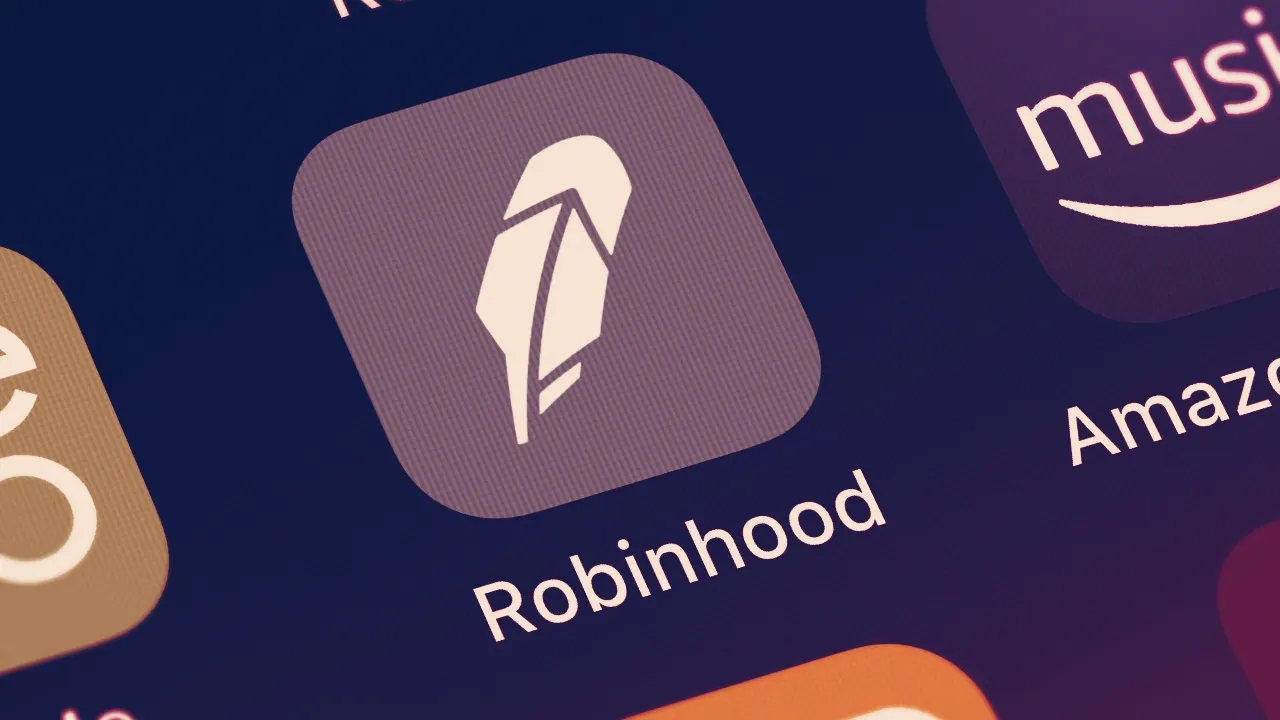In brief
- Robinhood's crypto revenue fell to $51 million from $233 million last quarter, in particular due to DOGE.
- The company's CFO pointed to signups for Robinhood's crypto wallet waitlist as a bright spot.
Robinhood is discovering the downside of the crypto market's famous volatility.
The company on Tuesday revealed in its Q3 earnings report that its crypto revenue fell to $51 million last quarter—a 78% decline from the $233 million it notched in the second quarter, though still up considerably from the $5 million it earned in Q3 2020.
The decline was driven in part by a fall-off in demand for Dogecoin, which exploded in popularity in the first half of the year and helped propel record sign-ups at Robinhood.
"In Q2, the story was about crypto, especially DOGE," said CFO Jason Warnick in a call with reporters, adding that customers' focus shifted more to equities in the third quarter.
Overall, Robinhood earned total revenues of $365 million in Q3, up from the same period a year ago, but down from the $565 million it posted last quarter. The company saw a loss of $1.37 billion for Q3, nearly all of which stemmed from one-time stock awards tied to its initial public offering.
Warnick described the crypto market as "idiosyncratic," and added that the company intends to invest in crypto over the long-term, though it is impossible to make accurate revenue forecasts.
Warnick also noted that more than 1 million customers have signed up for Robinhood's soon-to-be-launched crypto wallet. Those sign-ups came as a bright spot in what was otherwise a rough quarter for Robinhood, which first began trading as a public company earlier this year.
Meanwhile, customers have been pressing Robinhood, which has emerged as rival to crypto giant Coinbase, on when it will add more coins. On a message board platform where it fields questions for investors, the most popular question noted that Robinhood has been slow to add new tokens and asked if the company plans to add the novelty currency Shiba Inu by the end of this year.
Warnick hinted that the wait may continue, citing increased regulatory scrutiny of crypto, and the possibility that some tokens may be deemed to be securities.
In a release announcing its financial results, Robinhood also touted its addition of 24/7 customer phone support, describing itself as the "first major crypto platform to offer such a service."
Robinhood's share price, which had been trading at around $39, fell over 7% in after-hours trading.

